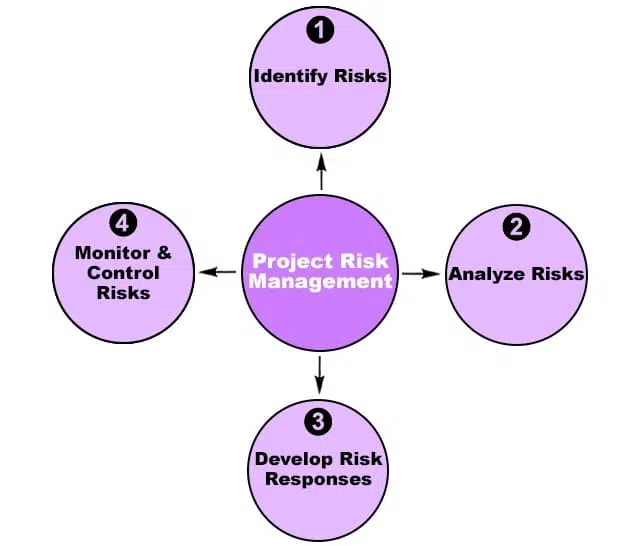How the Importance of Risk Management Shapes Strong Leadership
How the Importance of Risk Management Shapes Strong Leadership
Blog Article
The Importance of Comprehending the Significance of Risk Management in Various Industries

The Core Principle of Risk Management and Its Purpose
Risk Management, the keystone of several markets, pivots on the identification, examination, and mitigation of unpredictabilities in a company environment. By properly determining potential dangers, organizations can create approaches to either stop these threats from taking place or lessen their effect. When dangers have been identified and assessed, the mitigation procedure involves developing approaches to decrease their possible impact.
Benefits of Carrying Out Risk Management in Business Operations

Introducing the Function of Risk Management in Different Industries
While every industry faces its special set of threats, the application of Risk Management strategies stays a common measure in their quest of sustainability and development. In the healthcare market, Risk Management requires guaranteeing patient security and data security, while in finance, it entails mitigating investment dangers and making certain regulative conformity (importance of risk management). Building and construction business concentrate on worker security, project delays, and budget plan overruns. In the technology industry, business alleviate cybersecurity hazards and innovation obsolescence. Eventually, the function of Risk Management throughout sectors is to recognize, assess, and minimize threats. It is a crucial part of tactical planning, enabling companies to safeguard their possessions, maximize chances, and attain their purposes.
Real-life Situation Studies Showing Effective Risk Management
To comprehend the value of Risk Management in these many fields, one can want to a number of real-life instances that illustrate the successful application of these actions. As an example, in the energy market, British Petroleum developed Risk mitigation plans post the 2010 Gulf of Mexico oil spill. They implemented far better security treatments and more stringent laws which significantly lowered additional mishaps. In try this out money, Goldman Sachs effectively browsed the 2008 economic dilemma by determining prospective mortgage-backed protections threats early. Toyota, publish the 2011 quake in Japan, modified its supply chain Management to lessen disruption threats. These cases demonstrate just visit this site how industries, gaining from crises, properly used Risk Management strategies to minimize future dangers.
Future Patterns and Advancements in Risk Management Strategies
As the world remains to progress, so as well do the fads and growths in Risk Management methods. Quick developments in innovation and information analytics are improving the Risk landscape. Huge information and AI are currently critical in anticipating and minimizing threats. Organizations are leveraging find here these devices to construct predictive designs and make data-driven decisions. Cybersecurity, once a peripheral concern, has catapulted to the forefront of Risk Management, with strategies concentrating on avoidance, discovery, and action. The combination of ESG (Environmental, Social, Administration) factors right into Risk Management is an additional expanding trend, mirroring the raising acknowledgment of the function that social and environmental risks play in organization sustainability. Therefore, the future of Risk Management hinges on the combination of advanced modern technology, cutting-edge methods, and an alternative approach.
Final thought
In conclusion, comprehending the relevance of Risk Management throughout a range of sectors is vital for their long life and success. Inevitably, effective Risk Management adds to extra resilient and lasting businesses, highlighting the value of this practice in today's highly competitive and vibrant service atmosphere.
While every sector faces its distinct collection of threats, the application of Risk Management strategies stays a typical denominator in their search of sustainability and development. In the medical care market, Risk Management involves making certain person safety and security and information defense, while in financing, it involves mitigating financial investment threats and making sure regulative conformity. Eventually, the function of Risk Management throughout markets is to identify, assess, and minimize threats. These situations demonstrate just how sectors, discovering from crises, effectively used Risk Management methods to decrease future threats.

Report this page